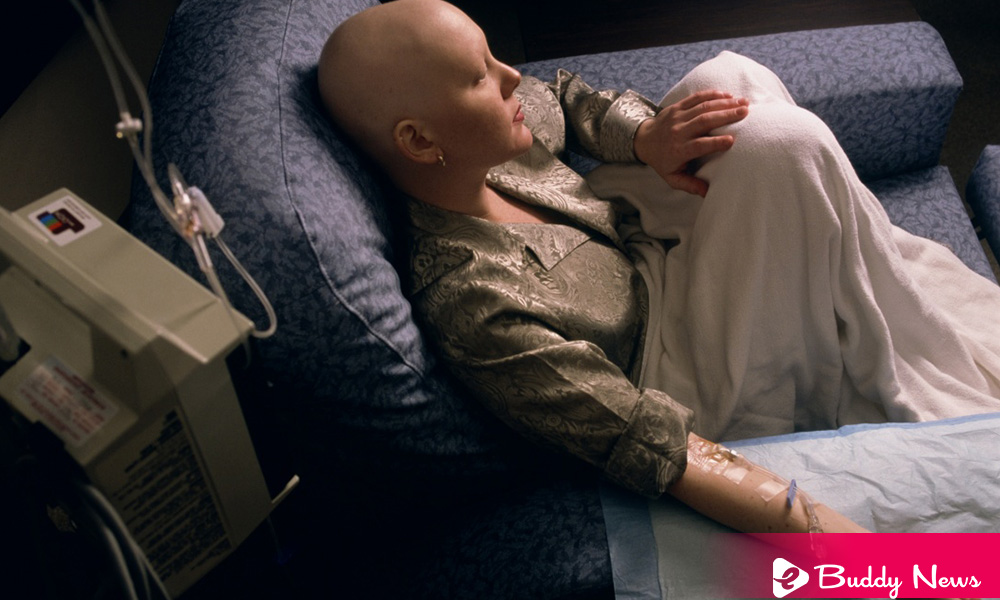What Are The Possible Side Effects Of Cancer Treatment

Every cancer patient hopes that he will recover will be cured by the treatment he is taking. However, sometimes the same cancer treatment can cause side effects, which can be long-lasting possible. There are:
Tiredness
Tiredness is the most common sign of survivors of cancer. Cancer-related fatigue is a consequence of cancer, its treatment, and its side effects. Survivors often complain that they can’t beat the exhaustion, no matter how much they sleep. If you feel tired, talk to your doctor about strategies to overcome tiredness, such as exercise, relaxation techniques, and energy conservation.
Diabetes
Steroids used to treat some cancers can increase blood glucose levels (hyperglycemia) in some patients who do not have diabetes. Although it is unclear whether these patients will develop diabetes, they are at increased risk for this disease because their glucose levels may remain elevated after treatment ends.
Endocrine Changes
Men and women receiving cancer treatments designed to suppress the hormones of sex, which many types of cancer need to grow, may experience the following side effects:
- Decreased sexual appetite
- Memory loss
- Anemia
- reduction of muscle mass
- Depression
- Weight gain
- body hair loss
Hypothyroidism
Survivors with Hodgkin’s disease who have received radiation therapy often have hypothyroidism, a condition in which there is an insufficient thyroid hormone. Symptoms are weight gain, constipation, dry skin, and sensitivity to cold. Doctors can treat Hypothyroidism through a medical approach.
Having ‘Incontinence’
The Removal of the prostate or bladder increases the chances of having incontinence or leaking urine with coughing, sneezing, or straining. Survivors who undergo bladder reconstruction can regain bladder control through special exercises, but sleep incontinence is unavoidable.
Infertility
Chemotherapy or radiation therapy can cause infertility in both sexes. In women, chemotherapy with alkylating agents can damage the ovaries, leading to irregular or missed periods.
Men with colorectal cancer who have received chemotherapy and radiation therapy are at increased risk of infertility. Chemotherapy drugs that affect male fertility include alkylating and methylating agents, vinca alkaloids, and platinum.
Learning And Memory Problems
Cognitive problems due to chemotherapy occur. We call them “Neurological Impairment due to chemotherapy.” Many cancer patients have ‘learning and memory’ problems immediately after treatment. It is not out of context to state it is so even during the treatment. Researchers have also found that cancer can influence ‘verbal learning and other functions of memory organs.’ We know it as Loss of Memory. It is a side effect that improves in ‘long-term survivors.’ It is a piece of good news.
Lymphedema
Lymphedema occurs when lymph nodes in the armpit get ‘Damage’ from radiation therapy or surgically removals as part of breast cancer treatment. The lymph accumulates in the tissues, causing painful swelling and limiting the function of the arm. There is an estimation that 12-25% of breast cancer patients develop lymphedema, almost always within the first year after treatment. However, it can also occur many years later.
Neuropathy
One of the most complicated side effects of the treatment is Neuropathy, a tingling or burning sensation in the hands and feet due to nerve damage. Drugs such as taxanes, platinum, vincristine, and thalidomide used in Radiation therapy, surgery, and chemotherapy can cause Neuropathy. People generally believe that Neuropathy is irreversible and can progress.
Osteoporosis
Bone loss is a common side effect in lymphoma, leukemia, or breast or prostate cancer survivors. Osteoporosis can be caused by cancer itself, by drugs such as cortisone, by treatment-induced menopause, by the existence of cancer cells in the bone marrow, and by treatments that affect testosterone, which is essential for bone health.
Pain
The pain can be a side effect of the treatment or cancer itself. Pain control in patients undergoing active cancer treatment has improved in recent years. People know little about long-term pain in disease-free survivors, severely affecting the ‘differentia of life.’
Sexual Dysfunction
Erectile dysfunction is a common side effect of prostate cancer treatment. A considerable number of men report dissatisfaction with their sexual function after cancer treatment.
Early menopause in cancer survivors can affect sexual function. Certain symptoms, such as hot flashes, joint pain, headache, mood swings, and vaginal dryness, can affect sexual desire. Because hormone replacement therapy is discouraged in women with estrogen receptor-positive cancers, their options for relieving menopausal symptoms are few.
Xerostomía
Xerostomia is common in head and neck cancer patients because the salivary glands are sensitive to radiation damage. Xerostomia causes difficulties in swallowing, sleeping, and speaking and is associated with losing appetite due to altered taste.
Long Term Side Effects
Many cancer survivors deal with some of these late or long-term physical side effects.
Cancer Recurrence Or Second Cancers
All cancer patients live with the chance that cancer will come back or spread (metastasize). Some patients may also develop secondary cancers resulting from treatments used for original cancer.
Premature Aging
Cancer patients treated with certain chemotherapy and radiotherapy may present with ailments typical of the elderly. Complications such as early menopause increasing the risk of osteoporosis are the most common long-term side effects in women. Effects of cancer treatment in men are osteoporosis. They also influence incontinence, infertility, and erectile dysfunction or impotence.
Organic Injury
Some of side effects of cancer treatment can age or damage vital organs, causing long-term health problems. Such problems sometimes only become apparent as the survivor ages or develop other illnesses years after treatment. We should know that Herceptin and doxorubicin are some of the chemotherapy drugs. They are harmful to the heart.














